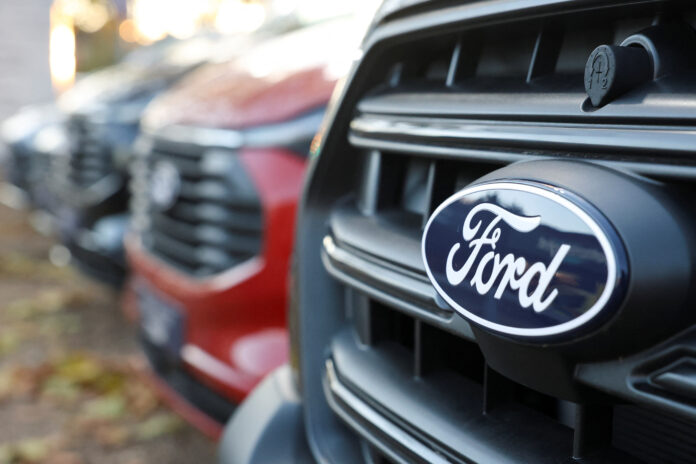
A landmark trial began today (Monday, 13 October 2025) at London’s High Court, where several major carmakers are defending lawsuits brought by about 1.6 million UK vehicle owners. The claimants accuse manufacturers of fitting “defeat devices” into diesel cars software or technology that enabled vehicles to pass emissions tests in the lab but emit far higher levels of pollutants like nitrogen oxides in real-world driving.
The lead defendants in the trial are Mercedes-Benz, Ford, Nissan, Renault, and Peugeot/Citroën (part of Stellantis). These firms are being sued by nearly 850,000 claimants in this first phase of the action.
The trial will focus on a representative sample of vehicles to determine whether the accused manufacturers used unlawful defeat devices. If liability is established, damages will be decided in further hearings, likely next year.
The judgment in this lead case is intended to set a precedent binding on hundreds of thousands of related claims against other manufacturers, including Vauxhall/Opel, BMW, and others.
The accused companies deny wrongdoing. Mercedes-Benz, for example, has stated its emission control systems are “legally and technically justified,” rejecting the comparison to Volkswagen’s Dieselgate case of 2015.
This litigation has been valued at around £6 billion (approximately US$8 billion) in total potential claims. Volkswagen, who’s own Dieselgate revelations in 2015 ignited global outrage and legal action, previously paid over €32 billion in fines and settlements.
The trial is expected to run for several months. The lead-case phase will concentrate on the technical question of whether “defeat devices” were used. Subsequent proceedings will then assess compensation (quantum) for affected owners.
Plaintiffs and campaigners argue that the alleged manipulation has harmed public health and the environment, citing increased pollution, particularly NOx emissions, and breach of regulatory trust.


















